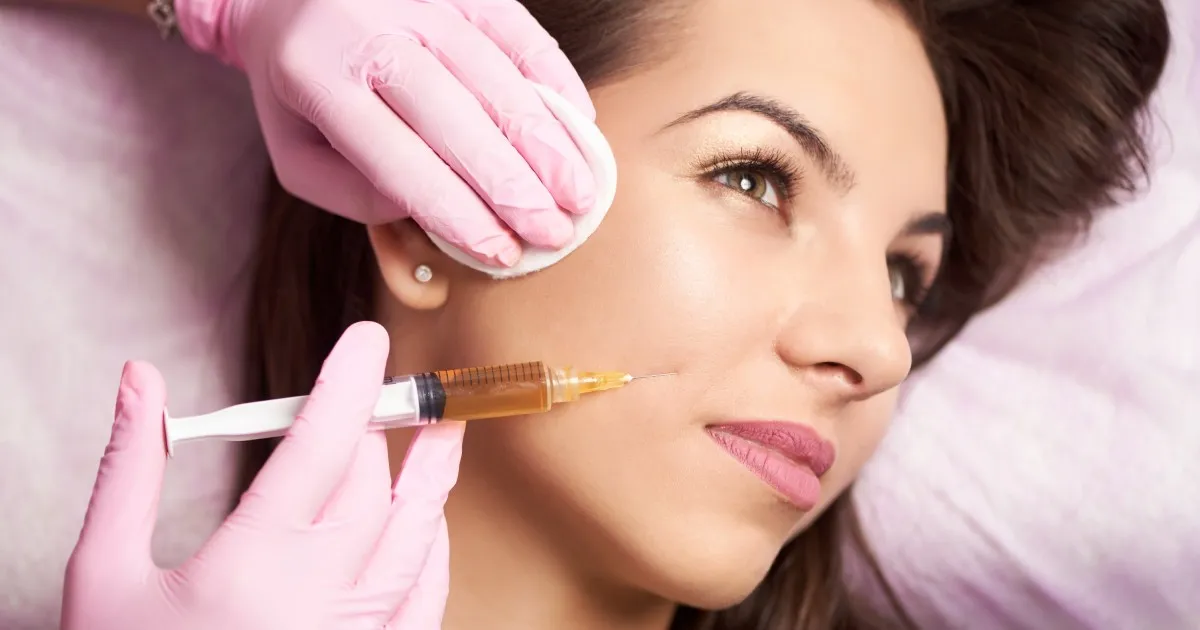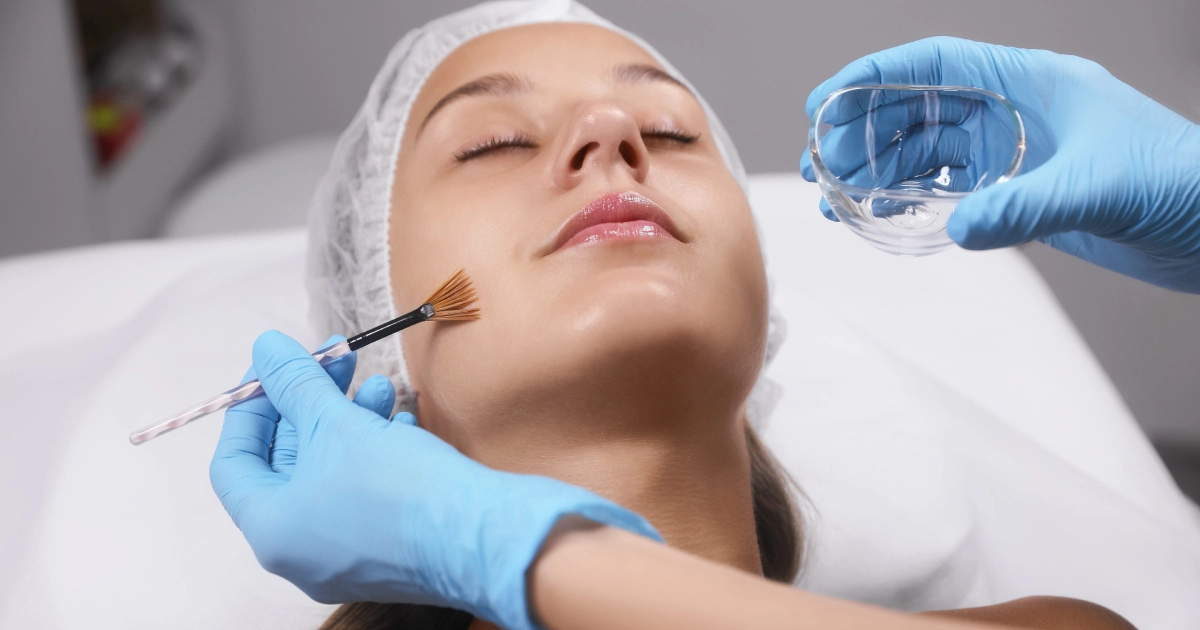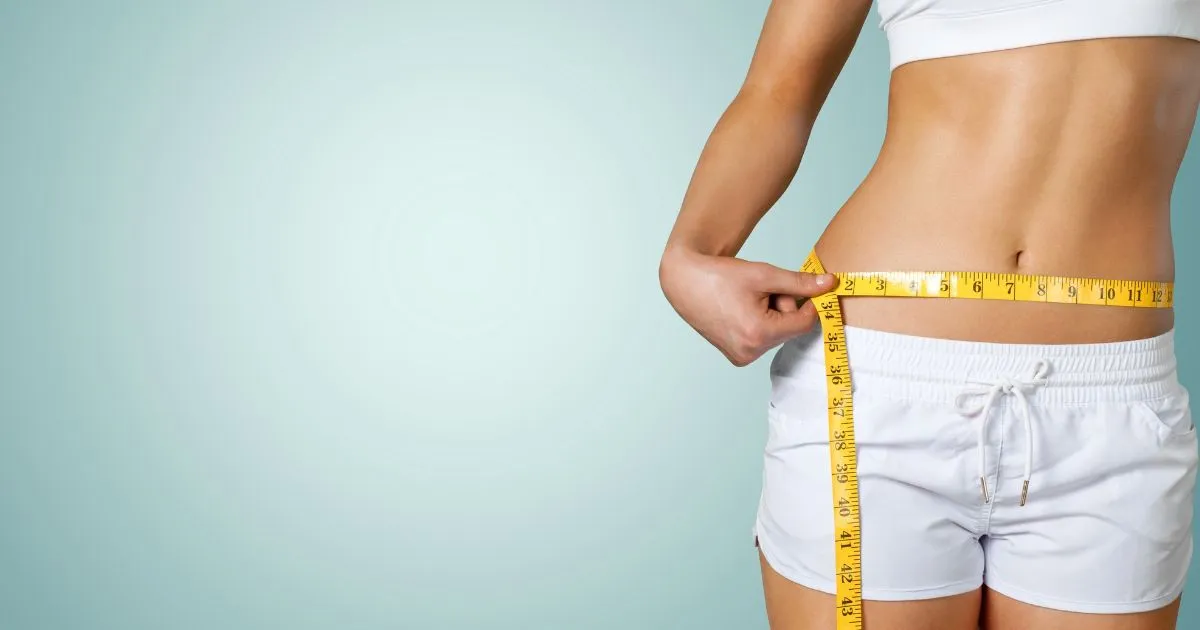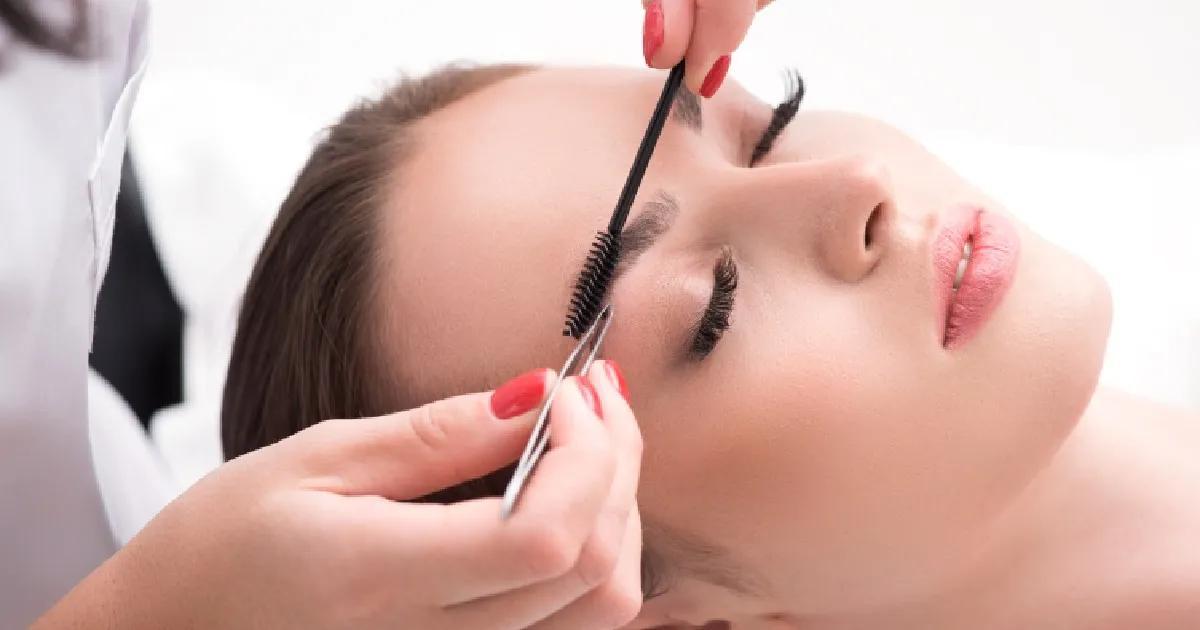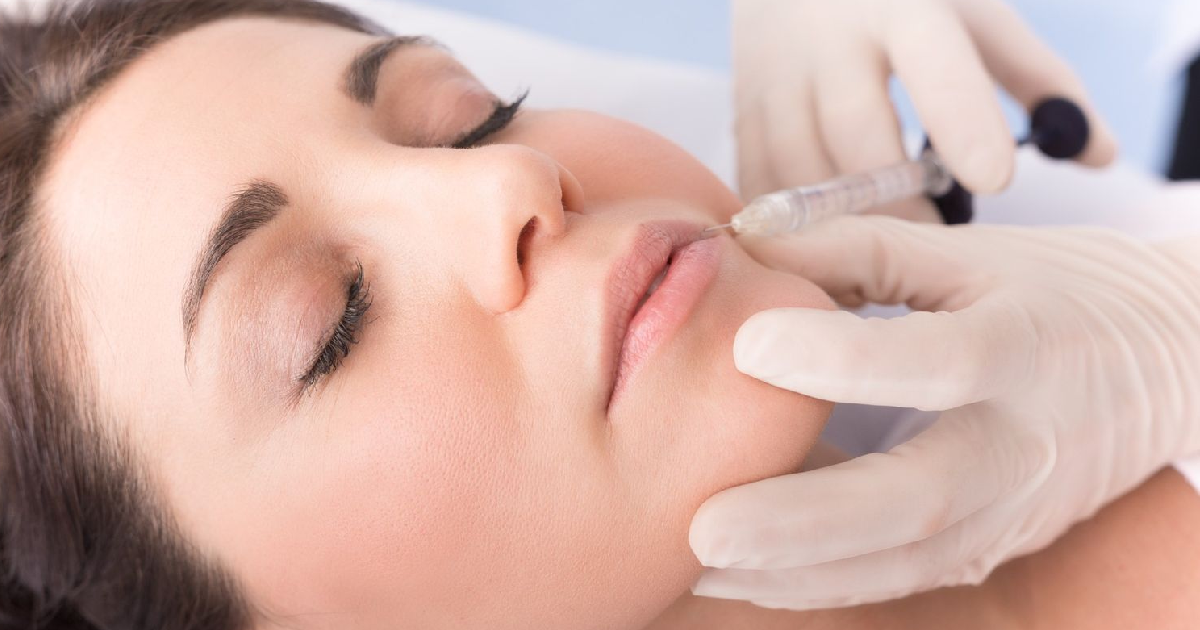Acne is a universal rite of passage that most of us have experienced at some point. The unwelcome visitor can pop up at the most inconvenient times, wreaking havoc on our self-esteem and confidence. While countless home remedies and over-the-counter products claim to be the magic solution, many wonder: What is the best medical way to get rid of acne?
This comprehensive guide will explore the latest advancements in medical management for acne. From tried-and-true methods to cutting-edge innovations, we will delve into the world of dermatology to help you make an informed decision about the best medical approach to banish acne once and for all.
Understanding Acne: The Basics
Before diving into the world of medical treatments for acne, let’s first understand what it is and why it happens. When hair follicles become blocked with oil and dead skin cells, acne is a frequent skin condition. It often leads to developing pimples, blackheads, whiteheads, and, in more severe cases, cysts and nodules.
Acne can be influenced by various factors, including genetics, hormonal fluctuations, diet, and even stress. While it can affect people of all ages, it is most commonly associated with the adolescent years due to hormonal changes that increase oil production in the skin.
Now, let’s explore the best medical ways to tackle acne and regain clear, blemish-free skin.
- Topical Medications
One of the first lines of defense against acne is topical medications. These are applied directly to the skin and work by targeting the root causes of acne, such as excess oil, inflammation, and bacteria.
A. Retinoids: Retinoids are vitamin A derivatives and are highly effective at preventing and treating acne. They work by unclogging pores, reducing inflammation, and promoting skin cell turnover. Ordinary retinoids include tretinoin and adapalene, which are available by prescription.
B. Antibiotics: Topical antibiotics, such as clindamycin and erythromycin, are often prescribed to treat acne. They work by killing the bacteria contributing to acne breakouts and reducing inflammation.
C. Benzoyl Peroxide: Benzoyl peroxide is available over the counter and can be found in many acne products. It is available in various concentrations, so choosing the right one for your skin type is essential.
- Oral Medications
In some cases, dermatologists may recommend oral medications to address acne resistant to topical treatments. These medications are often prescribed for moderate to severe acne or cases not responding to other treatments.
A. Oral Antibiotics: Antibiotics like doxycycline and minocycline are commonly prescribed to reduce inflammation and bacteria in the skin. However, long-term use should be avoided to prevent antibiotic resistance.
B. Birth Control Pills: Hormonal fluctuations significantly affect acne development for some individuals. Women who use birth control pills report having less acne and better hormone control.
C. Isotretinoin (Accutane): Isotretinoin is a potent oral medication for treating severe cystic acne. It reduces oil production, prevents clogged pores, and addresses inflammation. However, it comes with potential side effects and requires close monitoring by a healthcare provider.
- Chemical Peels
A medical-grade procedure known as a chemical peel involves applying a chemical solution to the skin. Exfoliating the top layer of skin with this solution clears clogged pores and removes dead skin cells. Chemical peels can be tailored to target particular forms of acne efficiently.
- Laser and Light Therapies
The development of laser and light therapies for treating acne results from medical technology advancements. These treatments target the sebaceous glands, reduce oil production, and kill acne-causing bacteria.
A. Blue Light Therapy: Blue light therapy uses specific wavelengths of light to kill the bacteria responsible for acne without damaging the skin’s surface. It is non-invasive and can effectively treat mild to moderate acne.
B. Photodynamic Therapy (PDT): PDT combines a light-activated medication with specific wavelengths of light to target and shrink oil glands. It is particularly effective for treating inflammatory acne and large pores.
C. Fractional Laser Therapy: Laser therapy stimulates collagen production and promotes skin healing. It can help reduce the appearance of acne scars and improve overall skin texture.
- Chemical Comedone Extraction
In some cases, dermatologists may perform chemical comedone extraction, also known as a chemical peel or facial, to remove blackheads and whiteheads. This procedure can help unclog pores and prevent further breakouts.
- Intralesional Injections
For stubborn cystic acne lesions, dermatologists may use intralesional injections of corticosteroids. These injections can quickly reduce inflammation and promote healing.
- Microneedling
Microneedling is a minimally invasive procedure involving fine needles to create tiny punctures in the skin. It stimulates the production of collagen and can improve the appearance of acne scars and overall skin texture.
- Dermabrasion and Microdermabrasion
Dermabrasion and microdermabrasion are procedures that exfoliate the skin’s surface to improve skin texture and reduce the appearance of acne scars. Dermatologists or trained skincare professionals can perform these treatments.
Conclusion: Finding the Best Medical Way to Get Rid of Acne
The best medical way to get rid of acne ultimately depends on your condition’s severity, skin type, and individual needs. It’s essential to consult with a board-certified dermatologist who can assess your skin, discuss your treatment goals, and recommend the most suitable approach for medical acne management. Remember that achieving clear, acne-free skin may require a combination of treatments and ongoing maintenance. Additionally, be patient and realistic in your expectations; it can take time to see significant improvements.
In the world of dermatology, advancements are continually being made, and new treatments are on the horizon. The best medical way to get rid of acne today may evolve in the future as science and technology continue to progress. Ultimately, partnering with a knowledgeable healthcare provider who can guide you to healthier, acne-free skin is the key to success.
Are acne breakouts robbing you of your confidence and radiant glow? At Transformations Wellness Spa, we understand the frustration and self-consciousness that acne can bring. That’s why we offer you a transformative experience – a journey to acne-free, healthy, and glowing skin! Ready to say goodbye to acne and hello to radiant, confident skin? Contact Transformations Wellness Spa today to schedule your consultation and take the first step toward a transformation you’ll love.

